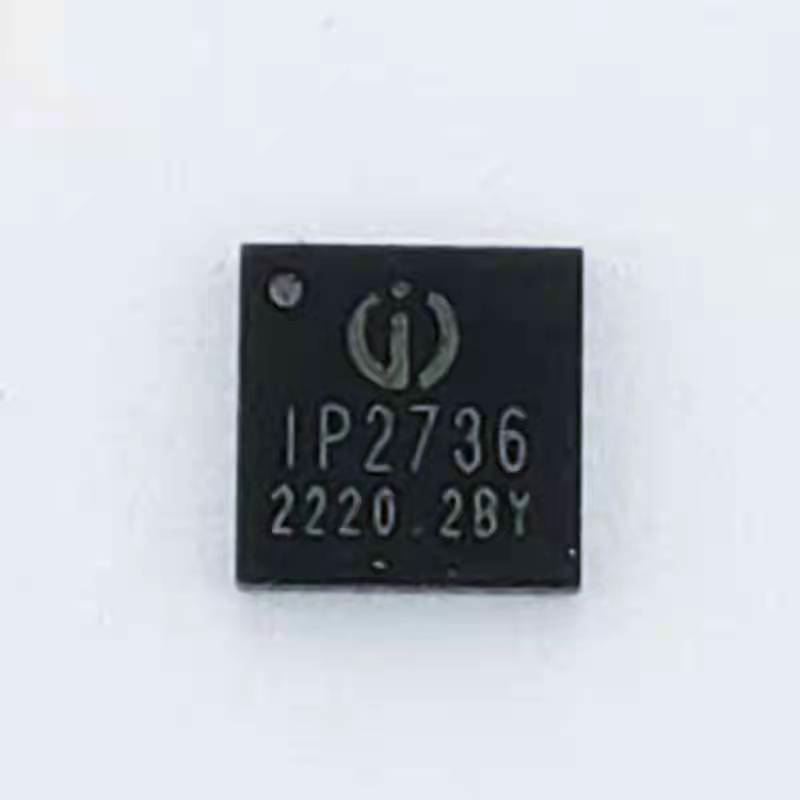Apple released the new MacBook Pro, and the random standard 140W charger really pushed USB PD3.1 to the front. Here we still need to briefly introduce USB PD3.1. Compared with USB PD3.0, the biggest difference is that on the basis of outputting 20V voltage, three groups of output voltage gears of 28, 36, and 48V are added. The maximum output power of USB PD3.0 has been increased from 100W to 140W, 180W, and 240W, allowing the interface to carry a higher power.
USB PD3.1 has a maximum output power of 240W and is backward compatible with the 100W output of USB PD3.0. In this way, when the power is significantly improved, it still maintains good compatibility with traditional equipment. Apple’s new notebook uses a 28V5A 140W charging power to meet the fast charging of 50% in half an hour of normal use.
The launch of Apple’s 140W USB-C charger marks a breakthrough in USB PD3.1 fast charging from standard to product application. As an industry wind vane, this move by Apple will stimulate friends and third-party accessory brands to continue to follow up, opening up a new situation for the consumer power market to upgrade USB PD3.1 fast charging.
In order to meet the development needs of the fast charging market, recently, the well-known domestic chip brand INJOINIC has launched a USB PD3.1 fast charging protocol chip IP2736, which has become the first original factory in China to have a USB PD3.1 fast charging chip. The rapidly rising USB PD3.1 fast charging market provides an important guarantee.
INJOINIC IP2736 protocol chip supports USB PD3.0/3.1 protocol, supports 28V EPR gear output, and supports E-Marker cable. At the same time, this protocol chip also supports QC5/QC4+QC3+/QC3.0/QC2.0 fast charging protocol, supports Chinese fusion fast charging standard UFCS, supports FCP/SCP fast charging protocol, supports AFC fast charging protocol, and supports SFCP fast charging Protocol and MTK PE fast charge. The fast charging of mobile phones and computers is all-in-one, and the protocol support is very comprehensive.
INJOINIC IP2736 adopts a 4*4mm, QFN24 package, with a small size and simplified peripheral, which can simplify the protocol circuit design of the charger. Small footprint packages meet a variety of design applications.
INJOINIC IP2736 protocol chip integrates voltage reference, integrates programmable voltage/current loop control, integrates low-end current detection inside the chip, and the output supports line loss compensation. It supports optocoupler feedback for power adapter applications, supports DC-DC control of I2C and FB to change the output voltage, and supports applications such as car chargers, energy storage power supplies, chargers, mobile power supplies, and power tools.
Thanks to the support of various feedback forms, IP2736 can be used with switching power supplies of QR, ACF, LLC, and other circuit architectures for PD fast charging, and can also be used with buck-boost circuits for high-power fast charging car chargers and mobile power supplies and other applications.
INJOINIC IP2736 integrates NMOS pass transistor driver, which can use low-cost and high-performance NMOS for VBUS switch, and integrates output bleeder circuit on-chip, without external MOS transistor. IP2736 has independent overvoltage, overcurrent, and short circuit protection, supports NTC overheat protection and data pins such as DP/DM/CC1/CC2 support 20V overvoltage protection. And it supports online upgrades, flexible configurations, and the protocol can be upgraded after the charger is finished, which is very convenient.
INJOINIC’s USB PD fast charging protocol chip has previously been equipped with 120W PD fast charging gallium nitride charger as standard on Red Magic mobile phone 6 Pro, Baseus QC5 100W gallium nitride fast charging charger, and Baseus 160W three-port fast charging car charger It has been applied in other classic high-power products, and its product performance has been highly recognized by well-known brands in the industry, and it has experience in the development, design and mass shipment of 100W ultra-high-power charger products.
The advancement of USB PD3.1 allows the USB-C interface to support higher output power, thereby expanding the application scope of USB PD, ranging from charging mobile phones to notebooks and energy storage power supplies. INJOINIC is the first in the industry to launch the USB PD3.1 protocol chip, which has rich protocol support and good compatibility. At the same time, it is a major benefit to domestic fast charging manufacturers, realizing a comprehensive domestic and independent fast charging industry chain.
INJOINIC IP2736 supports 28V5A 140W fast charge, which provides protocol chip support for Apple MacBook Pro compatible chargers. At the same time, INJOINIC also launched 17 fast charging chips for the iPhone 13. At present, the protocol scheme of Apple’s original charger is still unknown. Domestic manufacturers have launched a protocol scheme that supports USB PD3.1, paving the way for third-party compatible chargers and helping the development of the domestic fast charging industry.

